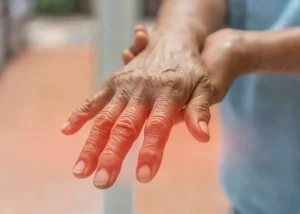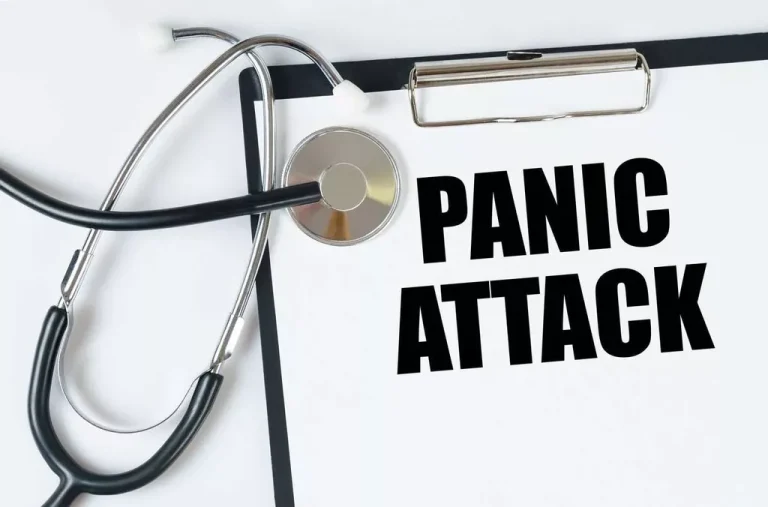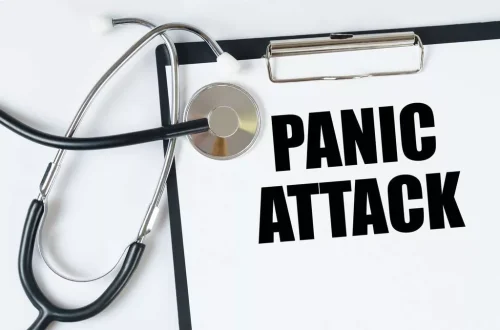The Connection Between Alcohol and Anger

Encouraging responsible drinking and seeking help when needed are crucial steps in reducing alcohol-related aggression. It’s important to remember that becoming an angry drunk isn’t a character flaw or a life sentence – it’s a behavior that can be understood, addressed, and changed with the right support and resources. On a broader scale, implementing effective policies to reduce alcohol-related violence is crucial. It’s important to remember that while these strategies can help in the moment, they’re not long-term solutions. Setting boundaries and seeking help are crucial steps for both the angry drunk and their loved ones.
- Poor or limited sleep causes grogginess and irritability, which can lead to feelings of depression or anxiety.
- These medicines can help reduce the negative side effects of detoxification and withdrawal.
- The urge to lash out might be sudden and forceful, and you may find it hard to control your anger.
- ABOUT PEW RESEARCH CENTER Pew Research Center is a nonpartisan, nonadvocacy fact tank that informs the public about the issues, attitudes and trends shaping the world.
- Alcohol lowers inhibitions and impairs judgment, making it harder for people to control their emotions.
Cognitive Behavioral Therapy (CBT) Interventions
When it comes to anger specifically, people may experience a phenomenon called “alcohol myopia” in addition to their already heightened emotions. This scenario involves losing your sense of perception under the influence. As a result, you may be overly aggressive during a situation where you’d otherwise notice the cues that tell you to think more rationally. Alcohol factors into nearly a third of all murders in the United States. Plus, alcohol-related rage and aggression are tied to intimate partner violence, verbal and physical abuse, sexual assault, violent crimes, verbal and physical altercations, and more (1).
- This means people who are constantly angry might take advantage of alcohol’s presence to unleash their emotions.
- Often, it takes months (or even years) before someone finds themselves physiologically and psychologically dependent on alcohol.
- “Alcohol is involved in half of all murders, rapes, and assaults,” said Robert O. Pihl, professor of psychology and psychiatry at McGill University.
- Oftentimes, when talking about anger management, healing is also about setting boundaries and learning self-compassion.
- Alcohol’s impact on the frontal lobe, a region responsible for executive functions such as emotional regulation, decision-making, and impulse control, is profound.
Coping Mechanisms and Recovery Strategies for Managing Anger Related to Alcohol Use
Expectations and cultural beliefs about alcohol’s effects on behavior can also influence how people act when drunk. If someone believes that alcohol makes them more aggressive or gives them “liquid courage,” they may unconsciously fulfill this expectation, creating a self-fulfilling prophecy of sorts. Childhood experiences and learned behaviors also play a crucial role. Individuals who grew up in households where alcohol-fueled aggression was common may have internalized these patterns, unknowingly recreating them in their adult lives.
- Still, 43% say their drinking does increase their risk of health problems either a lot or a little.
- Thus, someone with a long-term alcohol addiction may become easily irritable over time.
- The frontal lobe’s impairment under the influence of alcohol can result in diminished emotional regulation, making individuals more prone to experiencing heightened anger.
- Reshaping how angry people attribute blame, for example, can help people take another person’s perspective or understand the situation in a new way, directing the flow more productively.
Influence on the frontal lobe
Others may have a slower metabolism, allowing the effects of alcohol to build up over time, potentially leading to a delayed but more intense emotional response. An angry drunk is someone who becomes hostile, aggressive, or violent when under the influence of alcohol. While not everyone who drinks becomes aggressive, for some, alcohol acts as a trigger, unleashing a torrent of pent-up emotions and unresolved issues. The prevalence of alcohol-related aggression is alarmingly high, with studies suggesting that up to 50% of violent crimes involve alcohol consumption.
- Additionally, it can be hard for people to spot the signs of AUD in themselves.
- Aggression refers to a range of behaviors that can result in both physical and psychological harm to yourself, others, or objects in the environment.
- In summary, heavy drinking or chronic drinking alters brain chemistry in the short and long term.
- Understanding the psychology behind alcohol-induced anger is crucial for several reasons.
- Individuals who have been exposed to domestic violence, whether as victims or witnesses, may be more susceptible to exhibiting aggressive behaviors when drinking.
It only becomes unhealthy when it goes unresolved and when it isn’t addressed. Many have unresolved feelings of anger, frustration, or rage before they reach for alcohol. Additionally, it’s common for people to self-medicate with alcohol, thinking that drinking will numb those feelings or allow them to forget – if only for one evening. The mood someone is in when they begin drinking alcohol is often the mood that will be intensely felt once they’ve reached a level of intoxication. That, paired with the way people make decisions when they’re drinking, is often alcoholic rage syndrome a recipe for disaster.


Part of this process is thinking carefully about the cost-benefit trade-offs of expressing your anger. In these ways, you more effectively manage the strength of the flow without unnecessarily just turning it off. The key to effectively managing the direction of anger is to manage the attention of those in the room. Reshaping how angry people attribute blame, for example, can help people take another person’s perspective or understand the situation in a new way, directing the flow more productively. A person’s reaction will largely depend on their general emotional state. Alcohol affects the brain and body by Drug rehabilitation slowing down the central nervous system.

This is one reason why people are quick to anger when they’re drinking – they are perceiving more threats than they would with no alcohol in their system. Chances are, you’ve either seen this in your friends or you’ve seen it in yourself. Do you ever wonder why it feels so easy to confront your anger when you’re drinking? You’ve probably noticed (or observed) that you say and do things when you’re drinking alcohol that you wouldn’t normally say or do. Depending on the frequency of your use, you may need to discuss alcohol tapering strategies with your doctor.
Why Alcohol Causes Mood Swings and Anger
Lack of impulse control can make someone fly into a fit of rage or become aggressive rapidly. If formal rehab seems too much, starting with an AA support group can help. These groups provide a supportive, non-judgmental space to discuss issues, an important step in recovery. Alcoholics Anonymous highlights anger as a major relapse trigger, with co-founder Bill Wilson noting, “Resentment is the top offender. It destroys more alcoholics than anything else.” Addressing both addiction and anger is crucial. Some people have a genetic variation of the serotonin 2B receptor gene HTR2B.